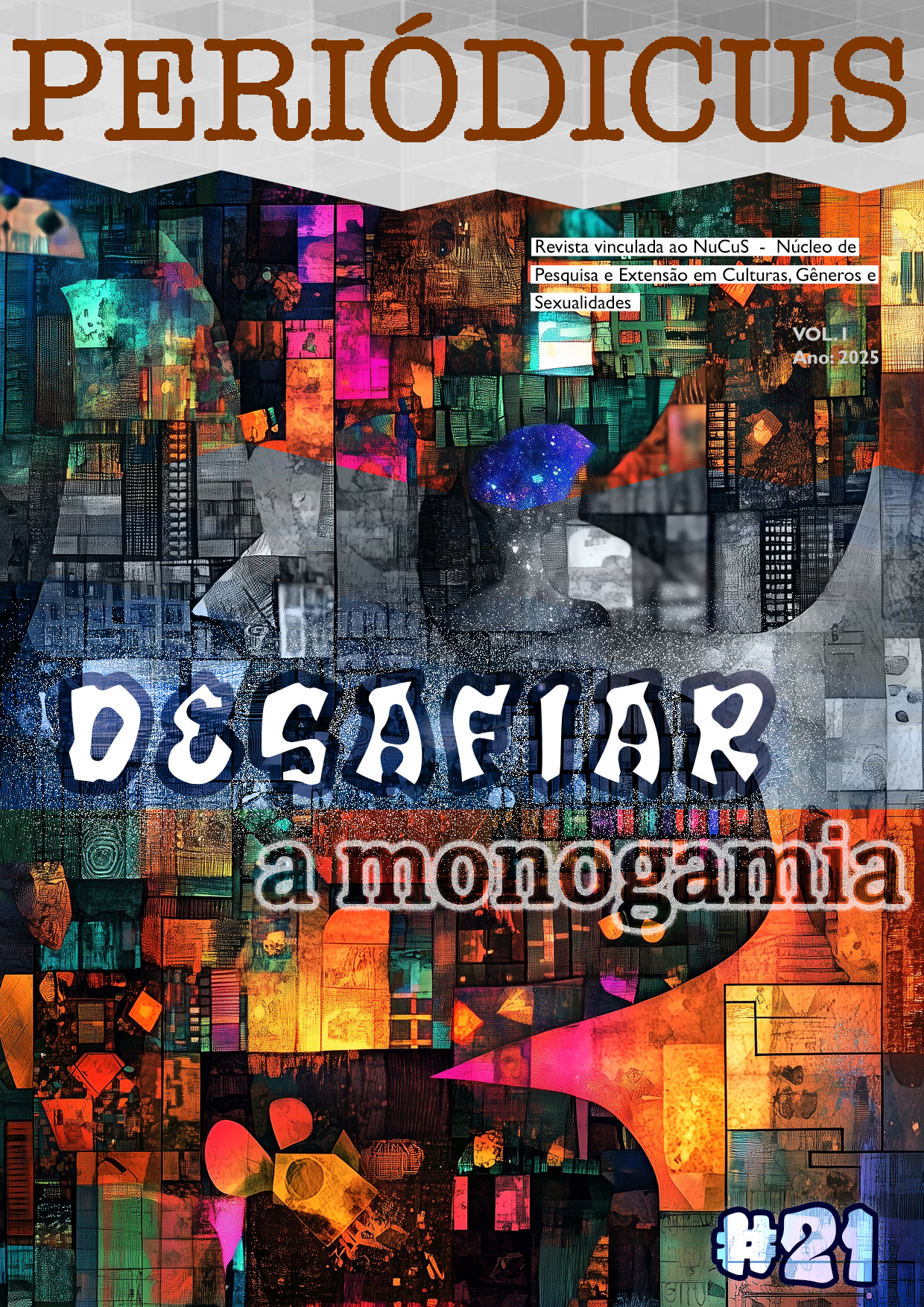Between the control of bodies and borders
the monogamous crusade in migratory regularization in Brazil
DOI:
https://doi.org/10.9771/peri.v1i21.58549Abstract
This work adds to the debates on the exclusionary effects of monogamy, drawing attention to its place in the processes that concern the regularization of immigrants through marriage in Brazil, a process typified as family unification in the migration laws in force in the country. Both institutionalized procedures and the experiences of immigrants reveal that the State's actions go beyond the law, mobilizing moral imaginaries about family and demanding the staging of monogamous choreographies as the only possible certificate of merit of belonging to the national body. This interregnum between the law and the norm in which immigration regularization is inserted makes it, first of all, a management marked by administrative violence whose main consequences are intense moral scrutiny and the withdrawal of fundamental rights from immigrants.
Downloads
Downloads
Published
How to Cite
Issue
Section
License
Copyright (c) 2025 Yarlenis Malfrán, Andreone Teles Medrado

This work is licensed under a Creative Commons Attribution-NonCommercial 4.0 International License.
Authors who publish in this journal agree to the following terms:
Authors retain copyright and grant the journal the right of first publication, with the work simultaneously licensed under a Creative Commons Attribution Noncommercial License that allows the work to be shared with acknowledgment of authorship and initial publication in this journal, but prohibits commercial use.
Authors are authorized to enter into separate additional contracts for non-exclusive distribution of the version of the work published in this journal (e.g., publishing in an institutional repository or as a book chapter), with acknowledgment of authorship and initial publication in this journal.
Authors are permitted and encouraged to publish and distribute their work online (e.g., in institutional repositories or on their personal website) at any point before or during the editorial process, as this can generate productive changes and increase the impact and citation of the published work (see The Effect of Open Access).








